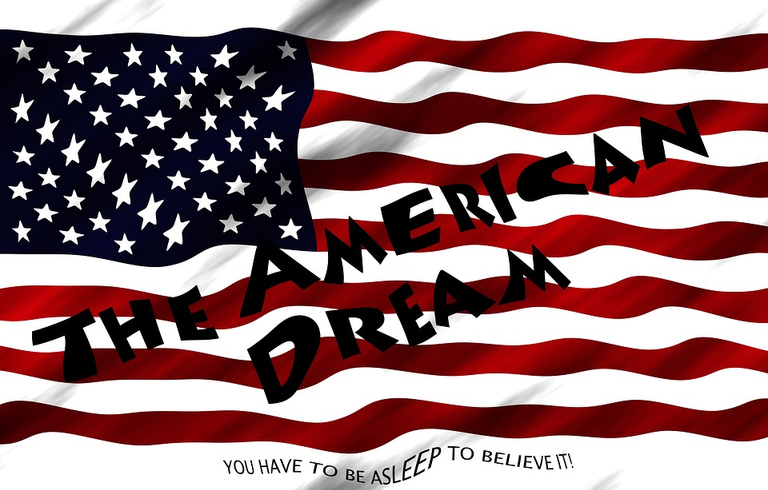
In the shadow of the proclaimed economic prosperity of the United States, lies a harsh and often overlooked reality—the lives of the working poor. These individuals, emblematic of a systemic paradox, work tirelessly, often juggling multiple jobs, yet remain ensnared in the grips of poverty. This narrative challenges the very essence of the so-called American dream, revealing a landscape where survival becomes the ultimate pursuit.
The Dichotomy of Prosperity
The narrative of economic recovery and job creation post-recession paints a picture of resurgence and opportunity. However, this portrayal masks the underlying struggles of millions who find themselves in precarious employment—low-wage, part-time, and without benefits. The story of individuals working exhaustive hours across multiple jobs, only to barely make ends meet, underscores a glaring discrepancy between the promise of prosperity and the reality of economic vulnerability.
The Erosion of the Middle Class
Once the backbone of the American economy, the middle class is witnessing a concerning contraction. The burgeoning number of working poor signals not just an economic issue but a profound shift in the social fabric. The ideal of upward mobility and financial security, once attainable aspirations for the middle class, now seem increasingly out of reach for many.
The High Cost of Living
In cities across the nation, the cost of living soars, widening the chasm between earnings and expenses. The narrative of families residing in temporary shelters, motels, or even tents, unable to afford stable housing, is a stark illustration of this disparity. It raises critical questions about the sustainability of urban economies and the viability of cities as places of opportunity for all citizens.
The Struggle for Dignity
Beyond the economic implications, the plight of the working poor speaks to a deeper struggle for dignity and recognition. The relentless pursuit of stability, often at the cost of personal health, family time, and well-being, reflects a societal failure to acknowledge and address the needs of its most vulnerable members. The dream of a decent life, once considered a fundamental American right, now appears elusive for many.
The Call for Change
The stories of the working poor serve as a clarion call for systemic change—a reevaluation of wage standards, labor laws, and social safety nets. They underscore the need for a collective reassessment of the values that underpin the American economy and society. The pursuit of prosperity must not come at the expense of human dignity and equitable opportunity.
Engaging the Hive Mind
This moment of reflection is an invitation to the Hive community to engage in a dialogue about the realities of working poverty, the erosion of the American dream, and the collective paths forward. By sharing experiences, insights, and ideas, we can contribute to a broader understanding of these challenges and explore avenues for meaningful change.
Join on InLeo Discord Channel here

Posted Using InLeo Alpha
Nice said!
I think that's not only a problem in the US at those times.
At this time it has become impossible to live in our country because of inflation everything has become so expensive that a poor person cannot earn enough to provide a good life for his family.
Congratulations @hive-data! You have completed the following achievement on the Hive blockchain And have been rewarded with New badge(s)
You can view your badges on your board and compare yourself to others in the Ranking
If you no longer want to receive notifications, reply to this comment with the word
STOPThe America and the government are really working so hard to alleviate poverty and this is evident to see. If only a lot of countries can be like America